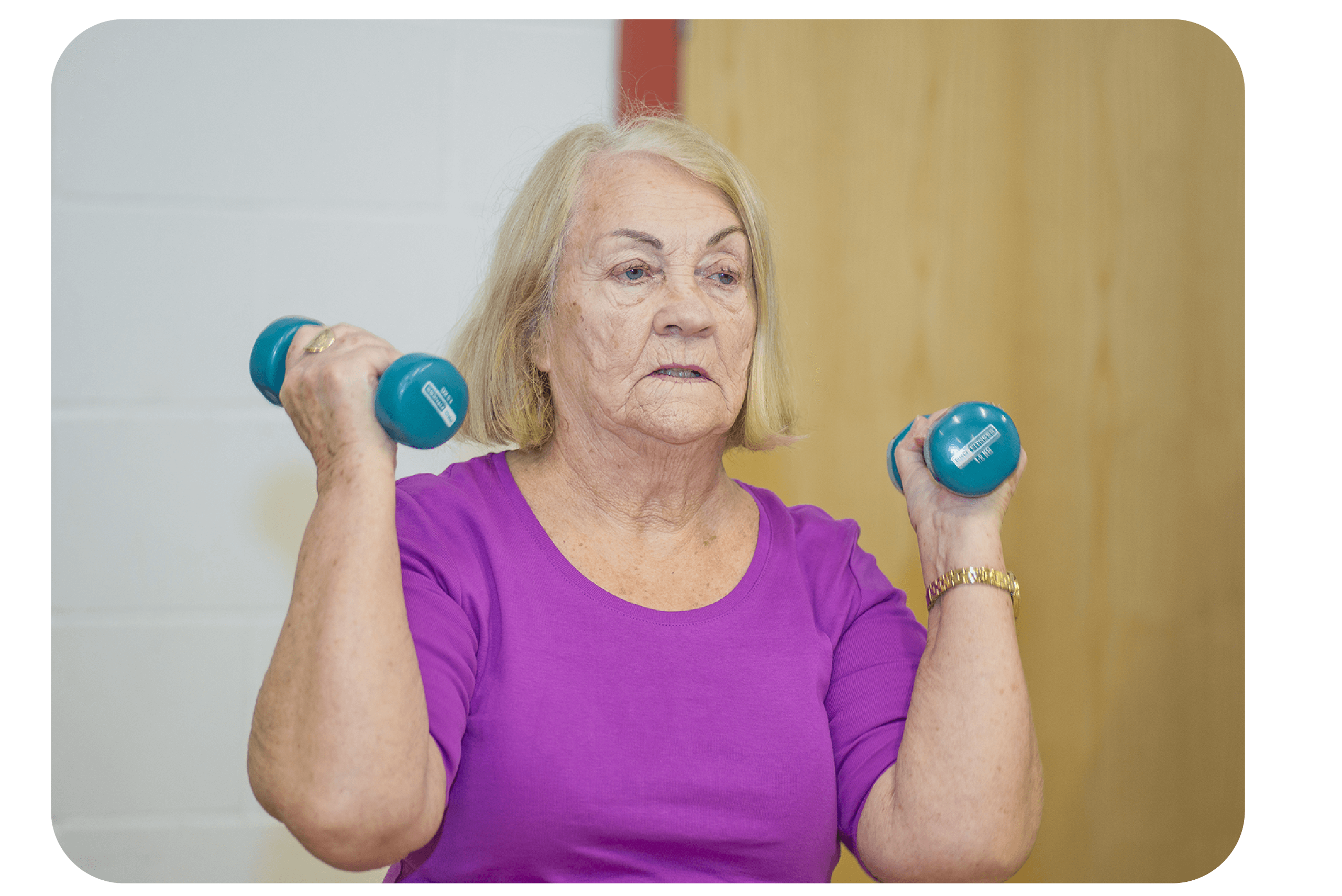Preparing to Exercise
It is not unusual to be nervous about exercise, especially if you are not feeling well or you have difficulty breathing. Research shows that exercise is a safe and effective therapy for people with lung conditions and can help manage symptoms to improve quality of life. The Breathe Team will prescribe an individually tailored exercise programme suitable for your health conditions. The team will monitor and support you throughout the sessions.
If you have or are experiencing any of the following symptoms before or during exercise then avoid exercising until you have sought medical advice from you GP or medical team:
• Unwell, for example nauseous, high temperature, infection or virus
• Changes in sputum, producing more, a change in colour.
• An increase in breathlessness – for example more breathless at rest
• Have chest pain.
• Dizziness or lightheaded.
• More fatigued than normal
• Diabetes with unstable blood sugars – this is below 4 or above 13
• Muscle, bone or joint pains that will be worsened with exercise.
• Any other health conditions or symptoms that may be worsened by exercise or any new symptoms.
Here’s a checklist to prepare you before for your exercise:
• Have a drink of water ready.
• If your diabetic, have a snack ready in case your blood sugars drop
• Wear comfortable loose fitting clothing and appropriate non-slip foot wear
• Take your medication as prescribed
• Have your inhalers and/or GTN spray to hand if prescribed
• Make sure you have eaten at least an hour before you start exercise
• Avoid exercise in the extreme weather (hot or cold), ideally exercise between 18°C to 23°C.
• Allow time for rest and breathing control within your exercise
• Try to make it enjoyable and don’t push yourself too hard
• Ensure the area you are exercising is suitable – for example avoid slippery surfaces, have a chair or hand support within reach

Benefits of keeping active
• slows progression of lung disease
• reduces breathlessness
• increases energy levels
• improves strength
• strengthens breathing muscles
• improves posture
• manages weight
• increases flexibility
• reduces high blood pressure
• improves circulation
• maintains bone density and joint health
• relieves anxiety, stress and depression
• gets you out and about
Keeping active can halve the risk of being admitted to hospital because of your lung condition.
The Breathe team will teach you how to exercise safely and effectively during the programme. The team will discuss a range of exercise options with you to help maintain an active lifestyle. These may include home exercise plans or taking part in a community exercise scheme. The most important thing is that you choose an activity you enjoy.
